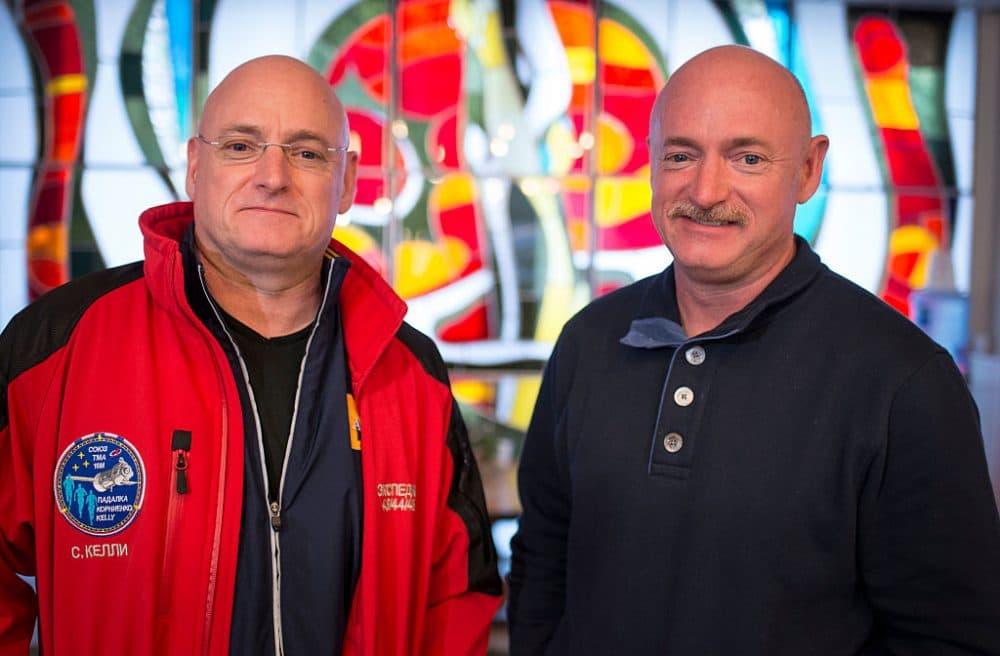Advertisement
Profile Of A Scientist: Personalized Medicine, Gut Microbes And The Biology Of Space Travel
Resume

Biologist Mike Snyder is a busy man. In addition to heading the genetics department at Stanford University, he's studying the biomolecular effects of space travel on twin astronauts Mark and Scott Kelly; mapping the "microbiome" of microbes that live on and in the human body; and helping pioneer the field of personalized medicine.
In 2012 Snyder sequenced his own genome and - combined with the the results of numerous blood tests - found out he had an increased risk for Type II diabetes.
As part of our series profiling scientists across different disciplines, Here & Now's Jeremy Hobson talks with Mike Snyder about genetics, medicine and the microbiome.
View other stories in our series, "Science In America."
Guest
Mike Snyder, chair of genetics at Stanford University and director of the Stanford Center for Genomics and Personalized Medicine.
This segment aired on June 13, 2016.